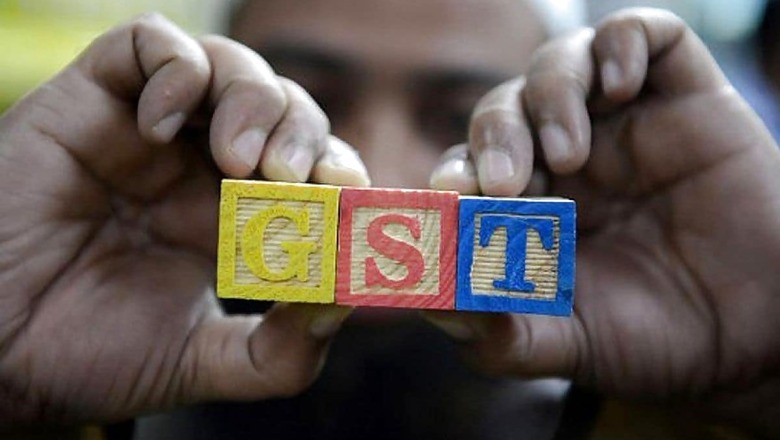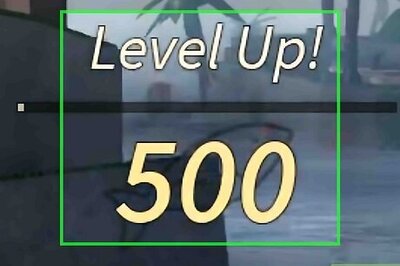
views
The quantum of borrowing to meet states’ GST revenue shortfall has to be “reasonable” considering its economic impact and the Centre will continue to request the opposition-ruled states to opt for the proposed borrowing plan, Finance Secretary Ajay Bhushan Pandey has said.
He said while extending the loan, the Centre would take authorisation from states that repayment would be made only from the GST compensation cess which is being collected and repayment schedule will be set in such a manner that the collections in cess pool post-June 2022 would be enough to repay the interest arising out of borrowing.
So far, 21 states and 3 Union Territories have opted for the borrowing plan proposed by the Centre to meet the Rs 1.83 lakh crore shortfall in Goods and Services Tax (GST) collection of states. Under the borrowing plan, the Centre would borrow from market Rs 1.10 lakh crore which is the revenue shortfall on account of GST implementation.
However, states like Kerala, Punjab, West Bengal, Rajasthan, Chhattisgarh, Jharkhand are yet to opt for the proposed borrowing plan saying the Centre should borrow the entire Rs 1.83 lakh crore shortfall and such classification due to “GST implementation and COVID-19 impact” is illegal and unconstitutional.
Pandey said in the GST Council the Centre and state governments have all supported extension of the cess beyond June 2022 and hence the compensation is fully secure. “So far the compensation is concerned, the entire compensation amount is payable. GST Council, the central and state governments, all supported extension of cess. So, the states’ compensation which they are entitled to is fully secure. Compensation cess has been extended beyond June 2022. So far as the borrowing is concerned as to how much one should borrow and what is the optimum level of borrowing, that gets decided within the parameters of Articles 292 and 293,” he told PTI.
Article 292 of the Indian Constitution states that the Government of India can borrow amounts specified by Parliament from time to time, while Article 293 mandates that state governments can borrow only from internal sources. Pandey said there has to be a “reasonable level” of borrowing because if a balanced approach is not taken then interest burden will increase which would impact the economy.
“That’s why there is a 3 per cent limit under FRBM which has been hiked to 5 per cent subject to certain conditions. If there were no reasons for those limits, then those limits shouldn’t have been there at the first place. But because the constitution requires that a balanced approach be taken, hence Articles 292-293 are there.
“That is the reason while full compensation will be given, a part of that could be borrowed at this point of time. That has been kept at Rs 1.10 lakh crore. So far, 21 states and 3 UTs have found it reasonable and acceptable, that’s why both the central and state governments have gone ahead with borrowing,” he said.
The Centre has released Rs 12,000 crore in two tranches to 16 states and 3 UTs as back-to-back loan after borrowing from the market under the special window facilitated by the RBI.
Pandey said the borrowing mechanism has been simplified and repayment of the loan will be done from cess collection. “Beyond June 2022, the calculation has been made and then the instalments of repayment will be set in such a manner that the money which gets collected will be enough to repay the instalment and interest,” he said.
”When the loan is given, the expenditure department will take an authorisation from the state to repay the loan from the GST compensation cess which is being collected. ”So far as the remaining states are concerned, our Finance Minister has written to the respective chief ministers and we have requested them to join hands. We will continue to request and to convince them. Let us hope that we would be able to convince them and they should join,” Pandey added.
Constituency-Wise Election Results LIVE: West Bengal | Tamil Nadu | Kerala | Assam | Puducherry
LIVE Blogs: West Bengal | Tamil Nadu | Kerala | Assam


















Comments
0 comment